Diplomacy
Diplomacy is not only an essential part of BMUN and MUN in general, but of every meeting of people to share ideas. BMUN values diplomacy, as it is central to being a successful delegate. Diplomatic demeanor and language is not only encouraged, but expected from the MUN community. At BMUN, this will shape how you communicate with other delegates, how you communicate with your chair, how you use the Rules of Procedure (RoP), etc.
Communicating with Fellow Delegates
Respect for your fellow delegates is the most important part of diplomacy and should be expressed throughout all aspects of committee.
During Speeches
When giving a speech, content should be pertinent to the topic with a purpose in mind. Though it is your time to speak it is everyone else's time to listen and as the speaker it is important to make sure their time is well spent.
When listening to a speech, delegates show respect to the speaker by listening to the speech and minimizing distractions. Don’t have side conversations. It very tempting to use this time to work with other delegates but to the speaker it is distracting and disheartening to hear delegates talking to each other during their speech. During speeches you can take notes, pass notes, or work on your next speech. As a rule of thumb, do your best to not distract the speaker.
During Unmoderated Caucuses
Unmoderated caucuses are a great way to interact with your fellow delegates in an unmetered setting, and an excellent opportunity to practice diplomatic behavior towards your fellow students. During unmoderated caucuses, be sure to encourage the voices of others by welcoming ideas from other delegates. While it's important to express your own perspective, you shouldn't overshadow or silence delegates who either express a desire to speak or haven't spoken. Your chairs love seeing delegates encourage one another to contribute.
Traditionally, unmoderated caucuses result in the formation of multiple groups, typically in circles. Be sure that no one is forced to stand on the outside of your circle and that you are including all voices that want to participate in the conversation. Actively excluding other members of your committee is severely frowned upon.
motioning and effective use of voice
You should raise your placard and motion when you want to move debate in a certain direction or break from the speaker's list to debate a certain topic. Excessive raising of your placard just to have your voice heard by the chair can be annoying to your chair and to the other delegates in the room.
We advise against motioning for redundant caucuses For example, if someone motions for a 5-minute moderated caucus on a topic, don't motion a caucus on the same topic with a different speaking time or overall time, as this doesn't show any originality in your motioning.
note passing
Notes are useful for forming blocs outside of unmoderated caucus in preparation for unmoderated caucuses. They can help you plan discussions for unmoderated caucus and notify other members of the committee that you want to work with them.
Notes in committee should be strictly for professional communications about policy, group formation, and speech commentary. Inappropriate notes are strictly forbidden, and if they are found in violation of our harassment policy, will result in severe consequences for the student and his or her school.
Communicating with the Chairs
passing notes to the dais
Passing notes to the dais is an important part of communicating with your chairs, but we encourage you to do it in a way that respects both the responsibilities of the chairs and the other delegates in the room. DO NOT pass notes while other members of the committee are speaking (i.e. during speeches, comments, or formal caucus).
You should also pass notes to chairs that are not currently chairing, or anyone who doesn't at that time hold the gavel. That person is focused on maintaining the flow of committee, and other chairs are responsible for receiving notes and managing grading.
raising your placard
Chairs rely on you raising your placard high and confidently to know when you're wanting to be called on. If we can't see your placard, we can't call on you. While we won't always be able to call on everyone, we encourage those who want to contribute to the conversation to raise their placards.
If you feel you're not being called on frequently enough, it is appropriate to send a note to the chair. Keep in mind that the chair may be trying to call on those that have not spoken yet, so try to send that note after they've tried to prompt quieter members of committee to speak.
during unmoderated caucuses
While the focus of unmods should be bloc forming and resolution writing, it's also a useful time to go to your chairs for feedback, to ask about the timing of committee, or to ask clarifying questions. Often, the questions you ask contain important information for the rest of the committee to know (how much time is left until resolutions should be submitted, how much time until lunch, etc.)
correcting the chair
Your chairs are human. At times, they make mistakes. If you believe the chair has made a procedural mistake, you may make a point of inquiry to ask for clarification or point of order to make a direct correction to procedural choices by the chair.
Further, if you believe a motion that has been ruled dilatory by the chair is in order, you may motion to overturn the jurisdiction of the chair, which passes only with a 2/3 majority vote.



